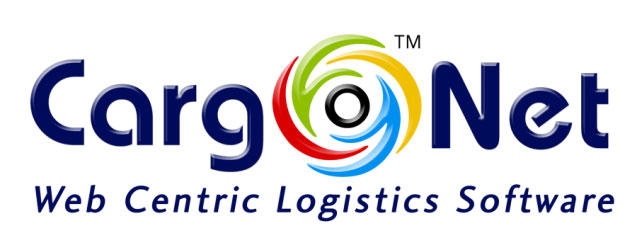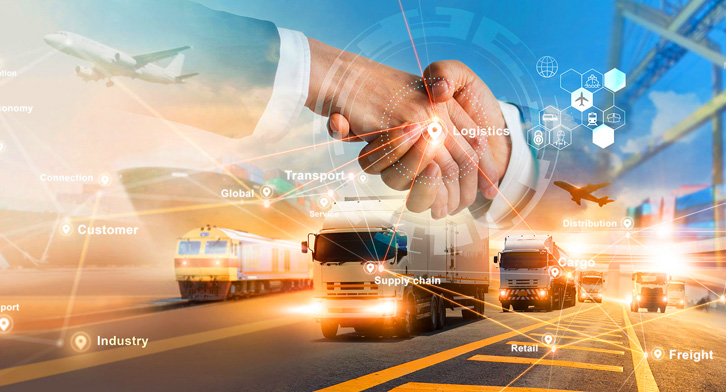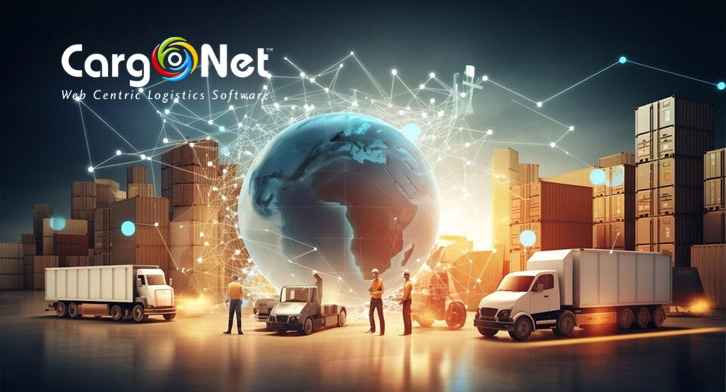In 2025, the freight and logistics industry is accelerating toward smarter, more connected operations. As global trade is projected to grow by 2.6% freight companies must adopt the latest technologies to stay ahead. The right freight forwarding software is no longer a luxury—it’s a necessity for competitive growth.
1. AI-Driven Freight Optimization :-
Artificial Intelligence (AI) is redefining how freight operations are managed. By 2025, AI is expected to reduce freight costs by up to 12%, thanks to its ability to automate rate calculations, predict delays, and optimize shipping routes. Modern freight forwarding software integrates AI to offer real-time insights, automate repetitive tasks, and make smarter decisions. According to Gartner, over 60% of logistics companies are actively investing in AI to enhance speed and service quality.
2. Green Freight Technology and Sustainability :-
The freight industry contributes nearly 8% of global carbon emissions. As environmental regulations tighten, the shift toward sustainable logistics is accelerating. In 2025, the electric truck market is projected to reach $15.3 billion, fueled by the demand for low-emission transport. The right freight forwarding software supports sustainability by reducing paperwork, digitizing workflows, and offering CO₂ tracking for shipments. A McKinsey report shows that green logistics companies enjoy up to 20% higher customer retention.
3. Autonomous and Remote-Controlled
Freight Systems :-
Automation is reshaping freight. The autonomous freight market is expected to hit $8.9 billion in 2025. Technology is reducing human intervention and accelerating fulfillment, from driverless trucks to robotic warehouses.
Freight forwarding software plays a key role by integrating with automated systems, enabling real-time visibility, and managing orders across connected networks. This leads to faster turnarounds, lower operational costs, and fewer errors.
4. Cloud-Based Freight Platforms :-
Legacy systems are being replaced by flexible, cloud-based freight forwarding software These platforms offer secure, anytime access to bookings, documents, and reports—perfect for global teams working across time zones.
By the end of 2025, 70% of logistics providers are expected to adopt cloud systems to enhance collaboration, reduce IT infrastructure costs, and scale operations efficiently.
5. Predictive Freight Analytics :-
Data-driven decision-making is no longer optional. Freight forwarding software with predictive analytics capabilities allows businesses to forecast delays, optimize inventory, and improve shipment planning.
Companies using predictive analytics see up to 25% faster deliveries and 15% lower transportation costs according to Forrester It’s a game-changer for logistics firms aiming to boost customer satisfaction and operational efficiency.
Why CargoNet?
CargoNet is an all-in-one freight forwarding software designed to simplify and streamline logistics operations. From automated documentation to real-time analytics and integrated accounting, CargoNet empowers freight forwarders, NVOCCs, and consolidators to scale faster and work smarter. With support for air, sea, and land freight, CargoNet keeps you in control—every step of the way.
Ready to Modernize Your Freight Operations?
Stay ahead in 2025 with an intelligent freight forwarding software solution like CargoNet. Whether you’re an NVOCC, freight forwarder, or logistics provider, we help you:
- Automate bookings, documents, and invoicing
- Optimize routes with AI-driven tools
- Scale globally with cloud-based features
- Gain control with real-time dashboards
- Enhance customer experience with end-to-end visibility
🚀 Empower your freight business with the right technology.
👉 Request a Free Demo of CargoNet
👉 Request a Free Demo of CargoNet










